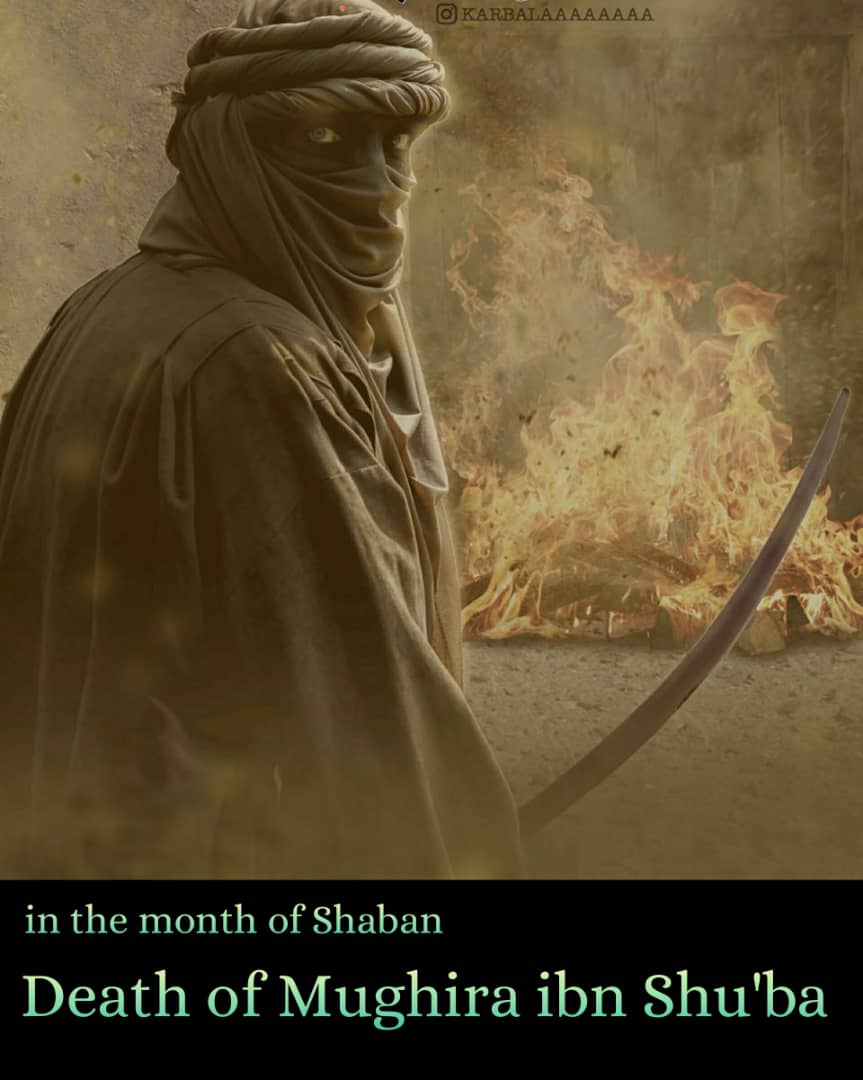Within the rich tapestry of Shia Islam, the figure of Ibn Shuba al-Harrani emerges as a salient subject for scholarly inquiry. Not only is he a historical luminary, but he represents a convergence of theological exploration and practical adherence to the Shia traditions that continue to influence the community today. This exposition endeavors to unravel the intricate layers of Ibn Shuba’s teachings and their implications for contemporary Shia thought.
I. Historical Context
To comprehend the significance of Ibn Shuba al-Harrani, it is imperative to situate him within the sociopolitical and religious milieu of 10th-century Baghdad. The caliphate was marked by burgeoning sectarian debates, and it was within this crucible that al-Harrani cultivated his theological perspectives. The fragmentation of Muslim thought into various factions necessitated a robust defense of the Shia identity. Ibn Shuba occupied a unique position in this discourse, primarily through his seminal work, “Kitab al-Ma’rifa.”
II. The Life and Works of Ibn Shuba
Tags
Share this on:
[addtoany]


